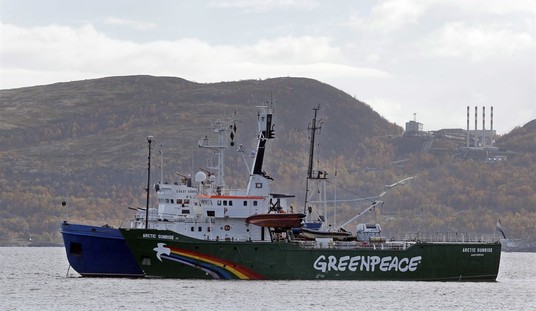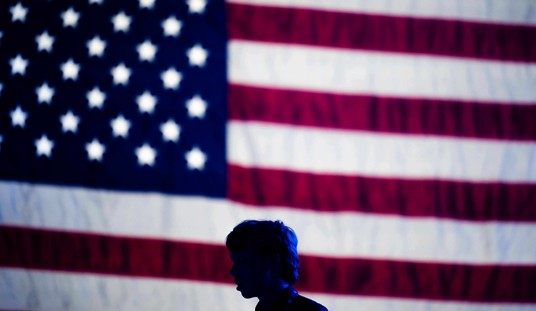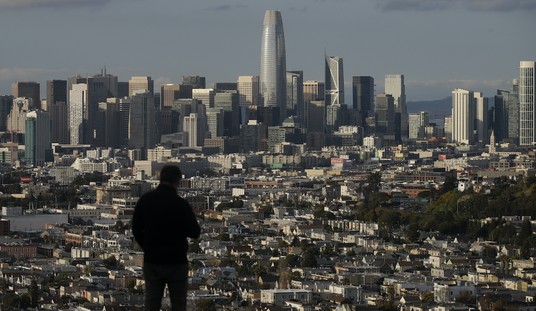We have been hearing for weeks from Democrats that the deluge of corporate money has put them at a disadvantage in the 2010 election cycle, thanks to the Citizens United decision by the Supreme Court. Not only is this supposed to explain the poor showing by Democrats in the midterms, but also highlight the unfair advantage the meanie conservatives have in an unregulated environment. Neither of these are true, however, and the notion that the Democrats are at a disadvantage in outside-group political spending is especially risible. The Wall Street Journal explains that the biggest outside-group spender is AFSCME, and that three of the top five are public-employee unions:
The American Federation of State, County and Municipal Employees is now the biggest outside spender of the 2010 elections, thanks to an 11th-hour effort to boost Democrats that has vaulted the public-sector union ahead of the U.S. Chamber of Commerce, the AFL-CIO and a flock of new Republican groups in campaign spending.
The 1.6 million-member AFSCME is spending a total of $87.5 million on the elections after tapping into a $16 million emergency account to help fortify the Democrats’ hold on Congress. Last week, AFSCME dug deeper, taking out a $2 million loan to fund its push. The group is spending money on television advertisements, phone calls, campaign mailings and other political efforts, helped by a Supreme Court decision that loosened restrictions on campaign spending.
“We’re the big dog,” said Larry Scanlon, the head of AFSCME’s political operations. “But we don’t like to brag.”
Well, why don’t they like to brag? It would ruin the Democrats’ chances of acting like victims while unions air attack ads against Republican opponents. Nor is AFSCME the only public-employee union spending big in this election. This chart from the WSJ shows the spending levels for the top five outside groups in this election cycle:
The major public-employee unions are spending more in this cycle ($171 million) than the corporate and grassroots conservative groups ($140 million). All of them get money from foreign contributions to their PACs. No one in Congress has demanded an IRS probe of AFSCME, SEIU, or the NEA, despite the fact that those unions get their domestic money for political action in part through involuntary union dues rather than entirely voluntary contributions, as do the US Chamber of Commerce and American Crossroads.
Democrats, while griping about Citizens United, don’t like talking about the fact that the Supreme Court decisions eliminated the spending restrictions of unions as well as corporations in elections. That is why when they wrote the DISCLOSE Act, their answer to Citizens United, Democrats initially included exemptions for unions, and then had to later add exemptions for the NRA and other large, established outside groups as a means to pass the bill. The unions responded in kind, with AFSCME spending almost twice as much as they did in the previous midterm cycle to help protect Democrats.
Update: Should have been “or the NEA” in the second to last paragraph, not “or the NRA.” The NRA reference in the last paragraph is correct, however. In that paragraph, I’m not calling the NRA a union; I’m noting that is a large, established “outside group” in electoral politics.









Join the conversation as a VIP Member